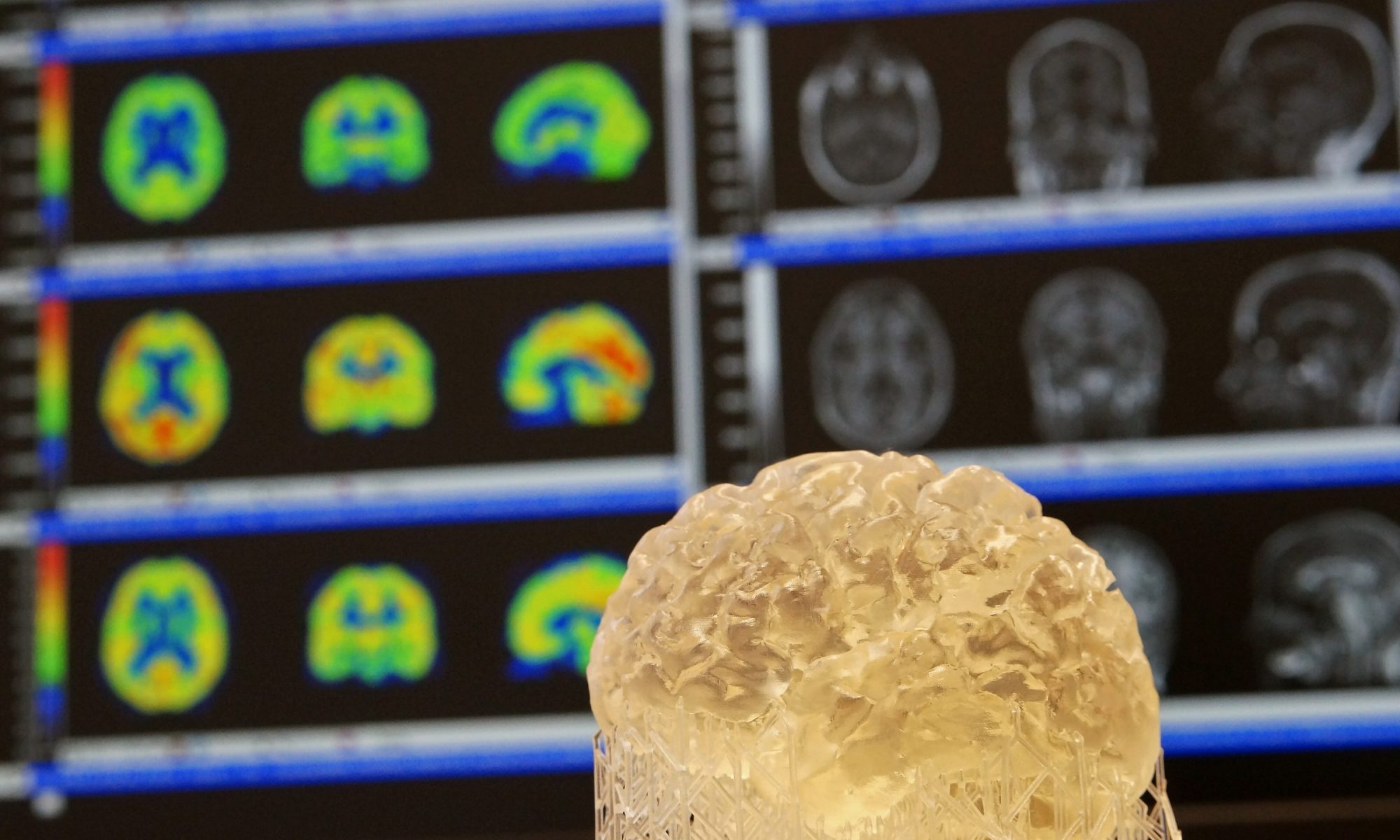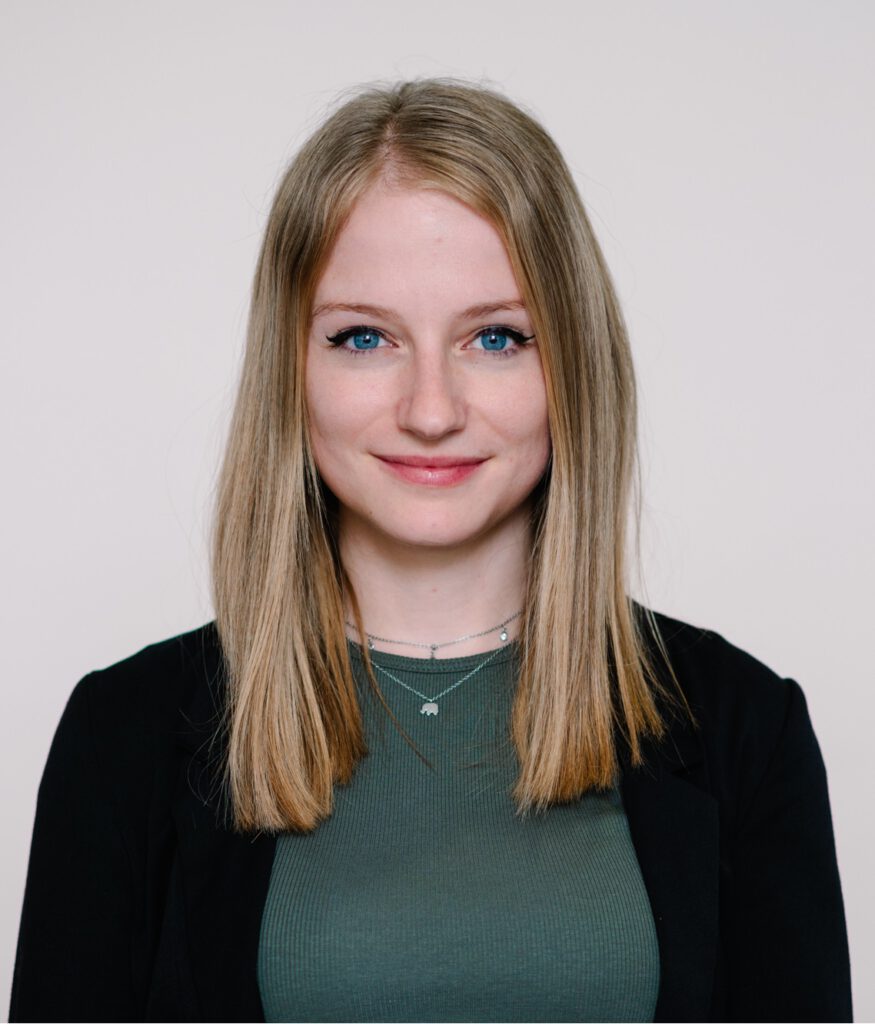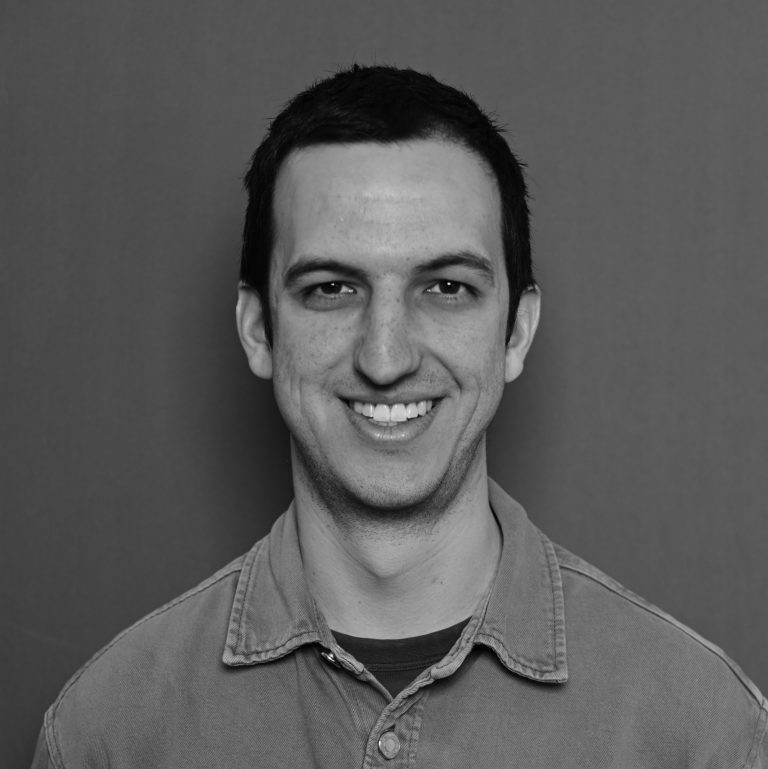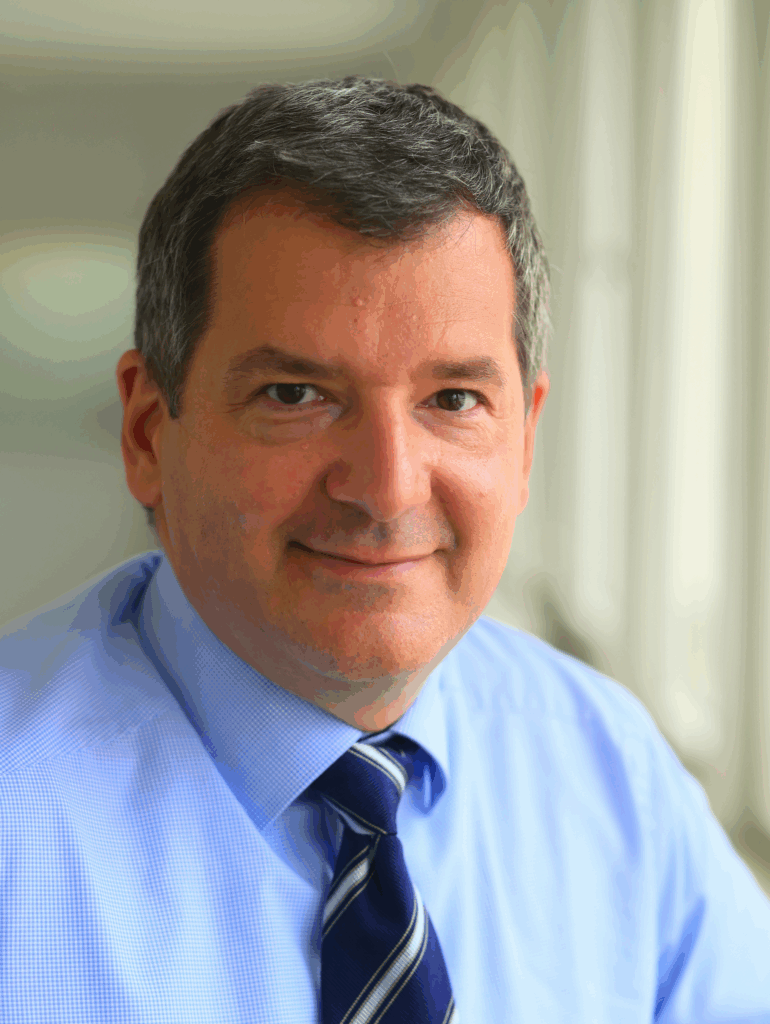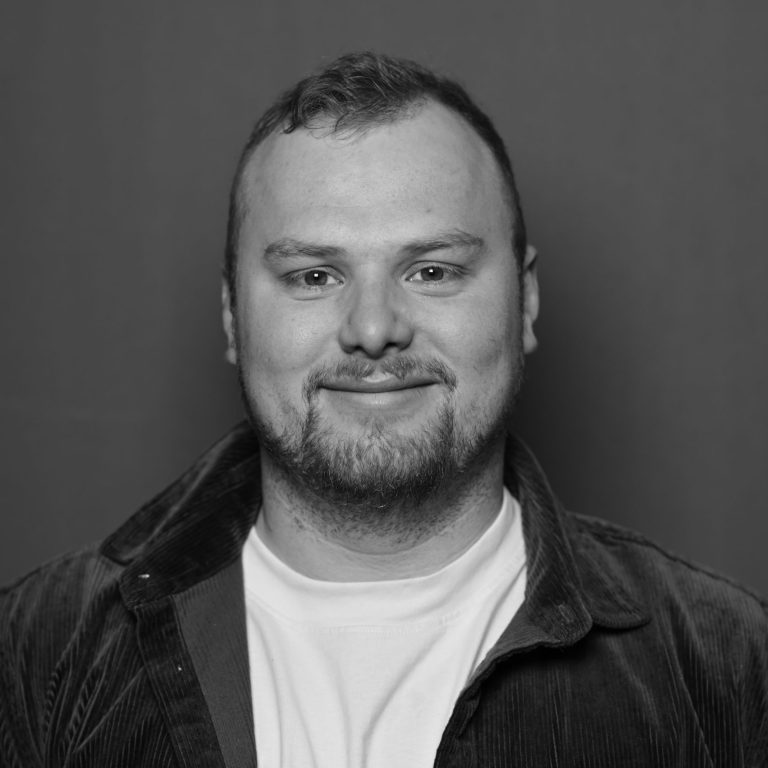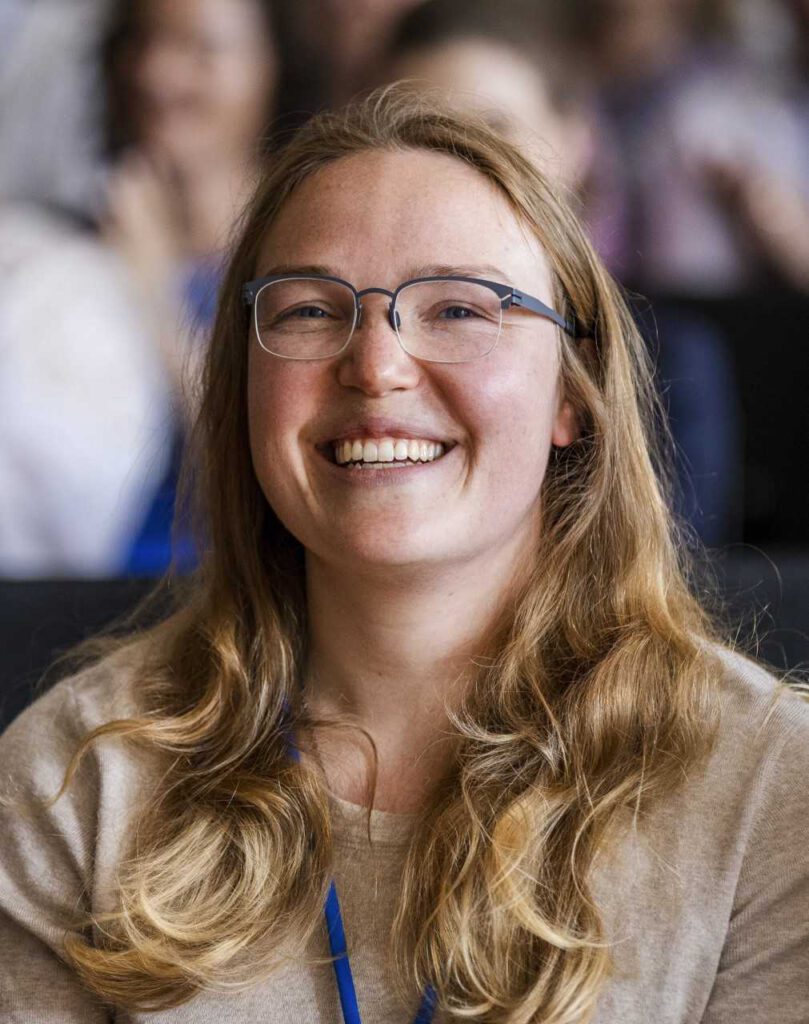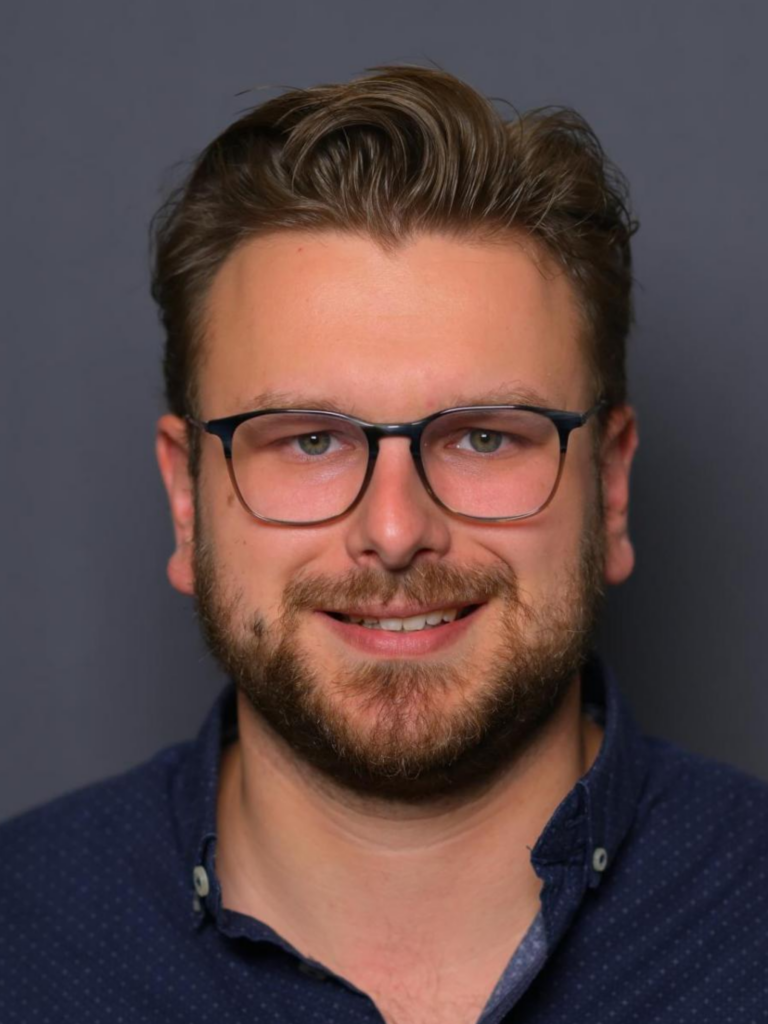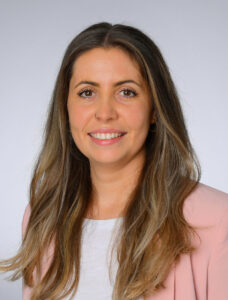I started my PhD journey with the MMNI group in August 2025. My research aims to describe neurotransmitter signatures of resilience in Parkinson’s disease (PD). Furthermore, I’m particularly interested in the effects of lifestyle on motor and cognitive function. To look into these aspects of the disease, I combine neuroimaging methods such as DaT SPECT and MRI with clinical data, motor and cognitive test results, and self-reported questionnaires on lifestyle.
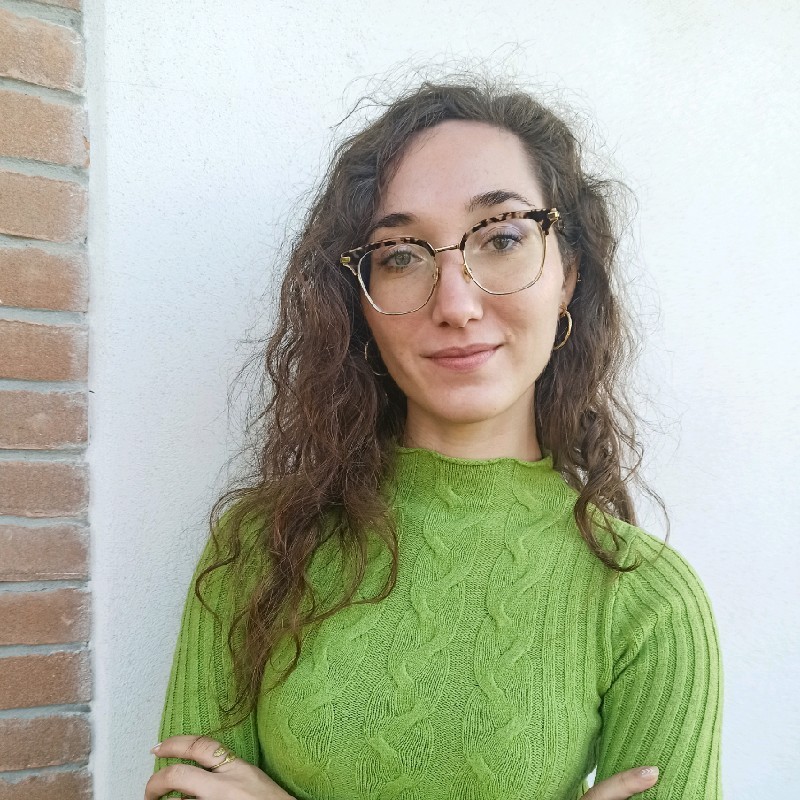
Professional links: LinkedIn, ResearchGate
Academic education:
| Period | Institution | Degree / Topic |
| since 2025 | University Hospital Cologne | PhD Candidate / Resilience in Parkinson’s disease |
| 2021-2024 | University of Trieste | MSc Neuroscience |
| 2018-2021 | University of Trieste | BSc Biotechnology |
Professional experience:
| Period | Institution | Role / Focus |
| Since 2025 | University Hospital Cologne | PhD Candidate |
| 2023-2024 | University Hospital Cologne | Internship / Effect of lifetime physical activity on Parkinson’s disease |
| 2021 | University of Trieste | Internship / gRNA production |
